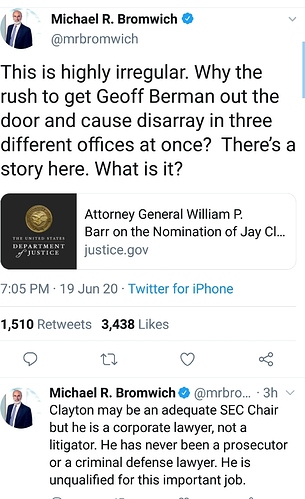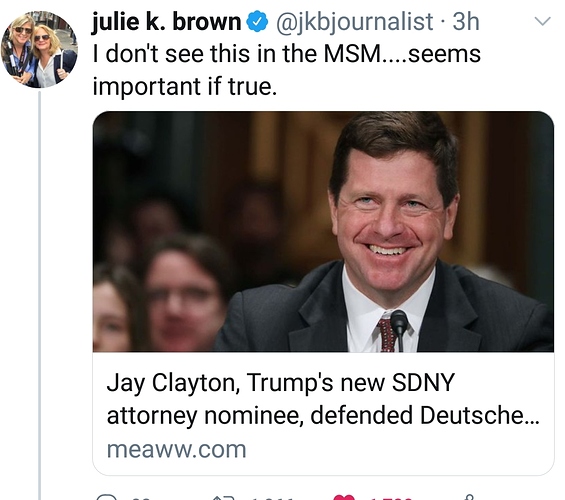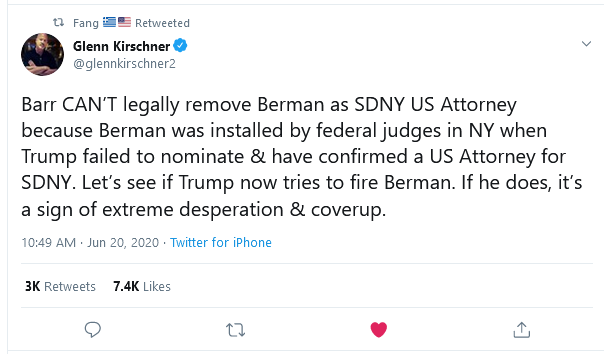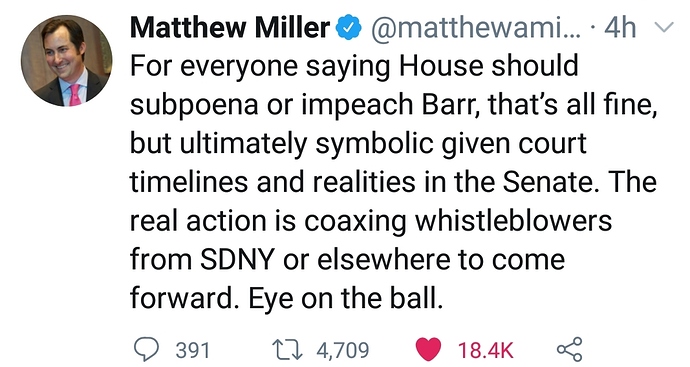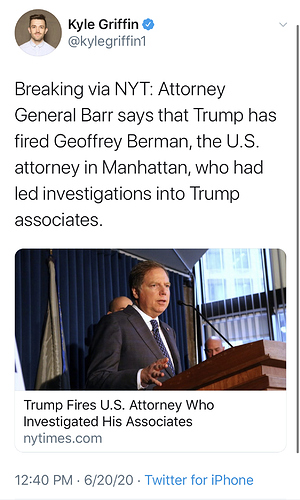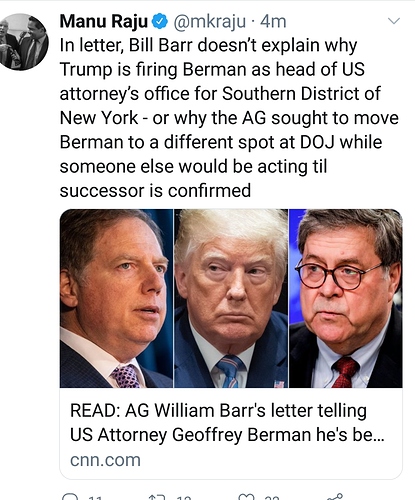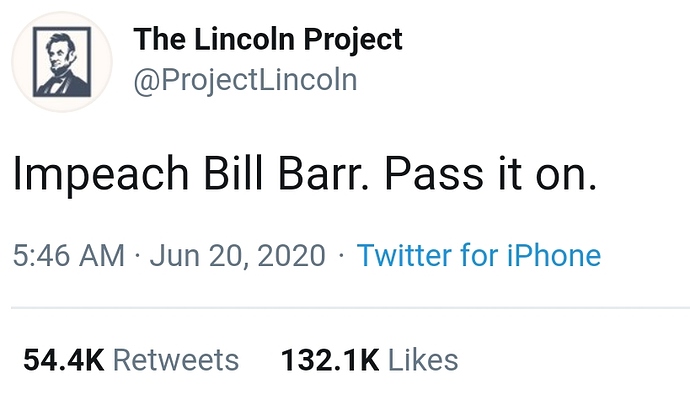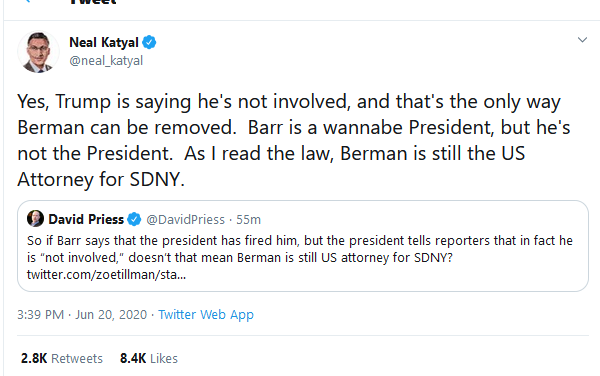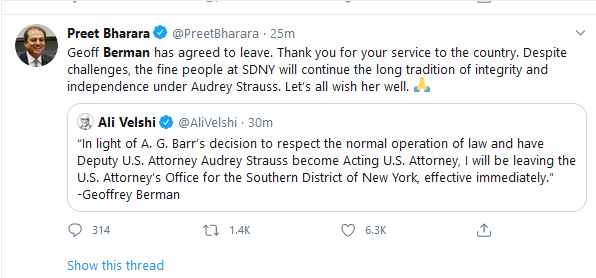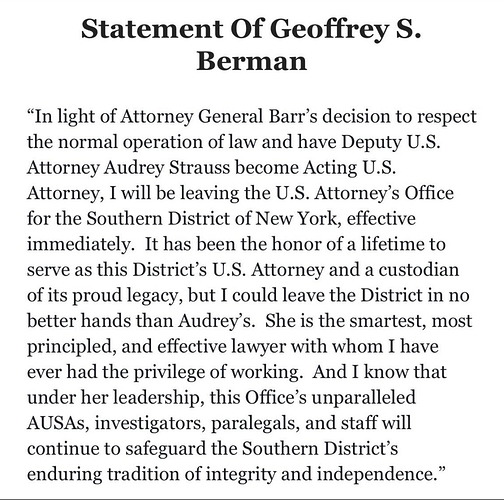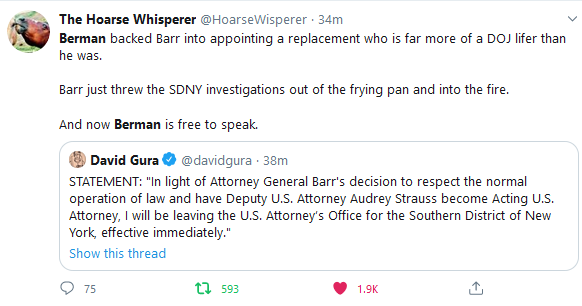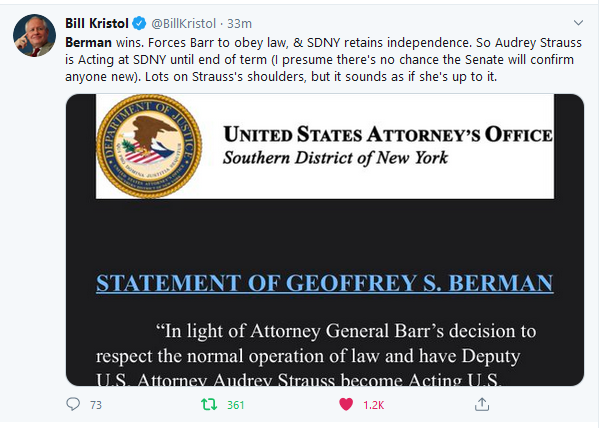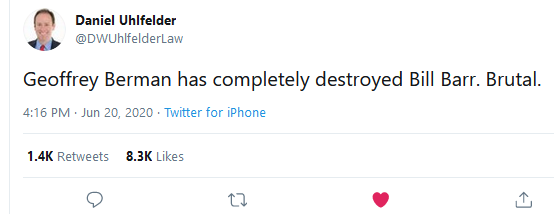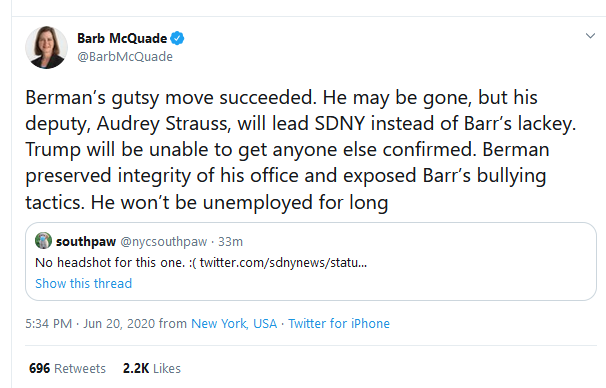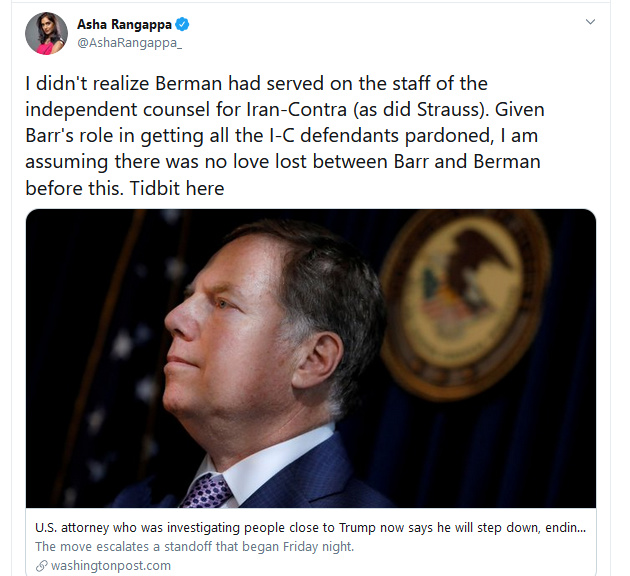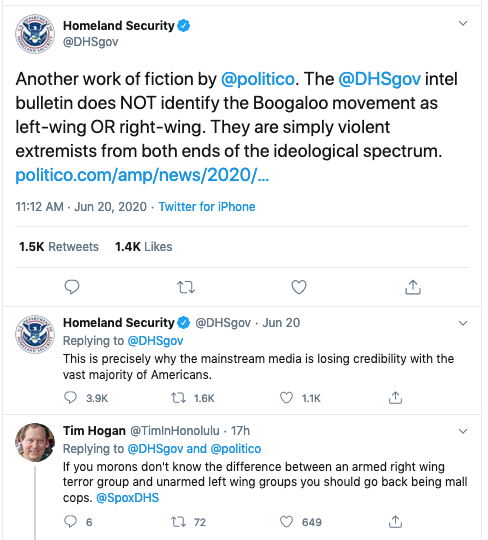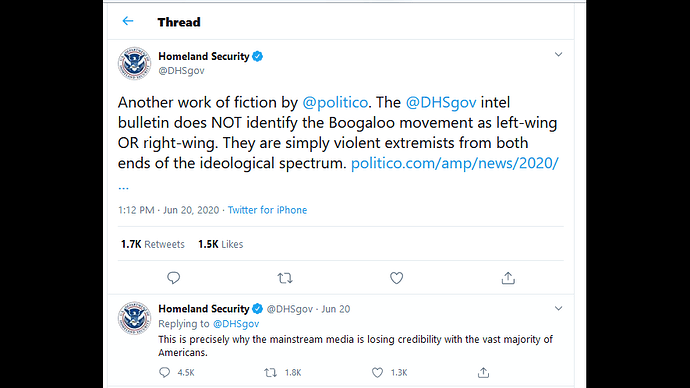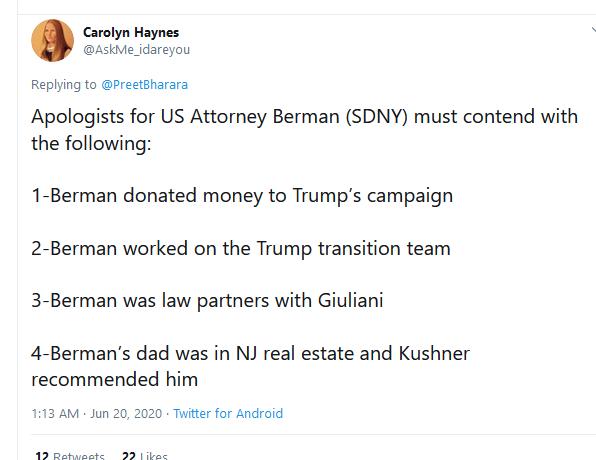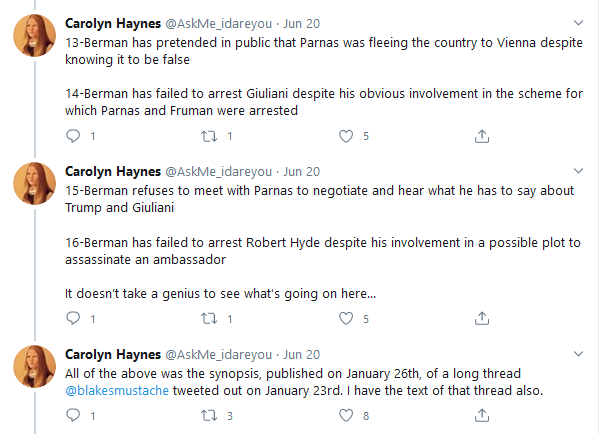A Politico article that captures the ire of Homeland Security which does not distinguish the Boogaloo movement as being left of right wing. An instance of calling out misinformation in hopes of scaring the right, but in fact it is the right who is doing this scary stuff via the Boogaloo movement, yet posting as Antifa.
The Trump administration is warning law enforcement and public safety officials that a far-right extremist movement known as “boogaloo” may be setting its sights on the nation’s capital.
On Monday, the National Capital Region Threat Intelligence Consortium, a fusion center for Washington, D.C., that provides support to federal national security and law enforcement agencies, warned in an intelligence assessment that “the District is likely an attractive target for violent adherents of the boogaloo ideology due to the significant presence of US law enforcement entities, and the wide range of First Amendment-Protected events hosted here.”
The assessment, dated June 15 and obtained by POLITICO, reported that “recent events indicate violent adherents of the boogaloo ideology likely reside in the National Capital Region, and others may be willing to travel far distances to incite civil unrest or conduct violence encouraged in online forums associated with the movement.”
A senior DHS official forwarded the assessment to security stakeholders on Friday, noting that “while it identifies Washington D.C. as an attractive target, the boogaloo ideology is not restricted to a specific region and those who wish to cause division are routinely using peaceful protests as means of cover. Heading into a weekend of more planned protests, we believe this information to be useful to all of our membership.”
Separately on Friday, DHS published its own intelligence note assessing that “domestic terrorists advocating for the boogaloo very likely will take advantage of any regional or national situation involving heightened fear and tensions to promote their violent extremist ideology and call supporters to action.”
The note, dated June 19 and obtained by POLITICO, said it “provides information regarding some domestic terrorists’ exploitation of heightened tensions during recent First Amendment-protected activities in order to threaten or incite violence to start the ‘boogaloo’ — a colloquial term referring to a coming civil war or the fall of civilization.
The DHS note says boogaloo tactics “likely will be repeated in future similar incidents wherein domestic terrorists attempt to shut down or endanger government operations, judging from domestic terrorists’ continued calls for attacks.”
And the NTIC assessment is the first known government confirmation that suspected “violent adherents of the boogaloo ideology” may reside in D.C. and have an abundance of potential targets.
“These individuals may target law enforcement as violent adherents have in other parts of the country, and motivated adherents have an increased number of targets given the concentration of law enforcement agencies in the region,” the memo reads.
It cites planning documents shared by boogaloo adherents online, including military manuals, CIA handbooks, “and revolutionary literature which provides instructions on bomb-making.” And it says other documents shared by the boogaloos refer to National Guard depots, police stations and factories that produce munitions as “very solid targets.”
The assessment is striking given the public emphasis President Donald Trump and Attorney General William Barr have placed on alleged violence carried out by adherents of the left-wing ideology antifa, while refusing to specifically identify and denounce the far-right groups like boogaloo that have been charged in recent weeks for acts ranging from felony murder to terrorism.
“It’s ANTIFA and the Radical Left,” Trump tweeted on May 30. “Don’t lay the blame on others!” Barr similarly homed in on the anti-fascist protest movement the next day, in a statement presented from the Department of Justice in D.C.: “The violence instigated and carried out by Antifa and other similar groups in connection with the rioting is domestic terrorism and will be treated accordingly.”
To date, no federal charges have been filed against individuals linked to antifa — violent acts at Black Lives Matter protests, including setting police cars on fire, have been attributed to individuals with no clear political or ideological affiliation, according to charging documents.
But right-wing extremists, militia groups and vigilantes have become more activated, with more than half a dozen separate violent incidents across the country in the past month alone — most within the past week.
Law enforcement and government officials, moreover, are increasingly in the crosshairs. A Santa Cruz County police officer and a federal officer in Oakland were slain, allegedly by a boogaloo adherent, earlier this month, and boogaloo members in California’s Bay Area have reportedly been plotting to kidnap elected leaders’ children.
Experts on far-right violence and extremism say the president and attorney general’s rhetoric is political and that the real threat has been laid out in the federal charges filed in the past month and the federal alerts, such as from NTIC and DHS, being sent to law enforcement warning of far-right violence.
But some argue that the unwillingness to name and shame these far-right groups publicly and from the top is not harmless, either.
“It puts a target on the backs of law enforcement — whether federal, state or local — because these individuals, with the power they have at the podium, are not speaking out about who is really carrying out these abhorrent acts of violence,” said Jason Blazakis, a senior research fellow at The Soufan Center, a nonprofit that studies emerging threats.
A DOJ spokesperson pointed to Barr’s comments about the extremists being a “witches brew” of violent actors and groups.
But singling out antifa is similarly “dangerous and foolish,” said J.J. MacNab, an expert on violent political extremism and a research fellow at George Washington University’s Program on Extremism. “There is nothing to back it up. I don’t think that if they called out these right-wing groups it’d make much of a difference, but now anyone who wears black [at these protests] has a target on their back,” McNab said, referring to antifa sympathizers’ tendency to dress all in black. “It’s irresponsible and frustrating.”
Ohio, Pennsylvania, New Mexico and Texas have experienced incidents in the past week involving armed, right-wing vigilante individuals and militias seeking either to protect Confederate statues or attack Black Lives Matter supporters.
On Sunday, Philadelphia District Attorney Larry Krasner warned vigilante groups claiming to be “protecting” a Christopher Columbus statue in South Philadelphia that using bats or hatchets “or anything else for an illegal purpose is a criminal act.” The FBI arrested an El Paso man on Wednesday who, armed with an AR-15 style rifle, allegedly threatened to “take out at least 200” African-Americans, using an extreme racial slur.
A man was shot in Albuquerque on Tuesday as tensions rose between protesters there and the New Mexico Civil Guard, a self-described civilian militia, though the group has claimed the shooter was not one of their own. And a group of about 80 Black Lives Matter protesters in Bethel, Ohio — organized by resident Alicia Gee, who called on people to join her to tell “whoever will listen that no matter the color of your skin you are loved, you deserve everything you can possible dream of, and you matter” — were overwhelmed this week by 700 armed counter protesters, including motorcycle gangs and Second Amendment proponents.
“There is a clear link between far-right groups and gun culture that doesn’t really exist in the culture of individuals who identify with the antifa movement,” Blazakis noted. “That’s a key distinguishing feature. There is a potential shared narrative between boogaloo and antifa, given the anti-government bent. But the way they project the threat is different.”
DHS alerts sent to law enforcement in recent weeks and obtained by Politico similarly make no mention of antifa — instead, they warn of threats posed by “militia extremists,” “white supremacists” and “anarchist extremists,” which is how experts on extremism characterize the right-wing boogaloo movement. And an “officer safety bulletin” disseminated to law enforcement from the federal Bureau of Alcohol, Firearms, and Explosives in Baltimore and the Baltimore Police Department earlier this month, obtained by Politico, warns explicitly of social media postings by boogaloo members threatening violence against federal and local law enforcement officials.
“In alignment with their second amendment views, members of this movement are likely to possess multiple types of weapons,” the bulletin reads. “Use caution if coming in contact with any individual(s) whom [sic] may identify with the ‘boogaloo’ movement.”
Brian Levin, executive director of the Center for the Study of Hate and Extremism at California State University San Bernardino, said the center’s research shows there have been 27 homicides connected to far-right extremists in the U.S. since 2019, with none connected to the far left since at least 2016. White supremacists, he added, continue to pose the “most ascendent and prominent threat,” Levin said.
Other think tanks have compiled similar data. The Center for Strategic and International Studies released a report on Wednesday that found “right-wing extremists perpetrated two thirds of the attacks and plots in the United States in 2019 and over 90 percent between January 1 and May 8, 2020,” defining such extremists as “white supremacists, anti-government extremists, and incels.”
DHS, FBI, and state and local law enforcement have done a good job tracking these groups on the ground, MacNab said, despite political rhetoric from the top that suggests a concentration of resources toward battling antifa.
“We continue to worry about international terrorism by groups like al-Qaeda and ISIS, but now the threat from lone actors already here in the U.S. and inspired by those groups, the homegrown violent extremists, that threat is even more acute,” FBI Director Chris Wray testified in February. “At the same time, we are particularly focused on domestic terrorism, especially racially or ethnically motivated violent extremists.”
But the changing organizational nature and rapid spread of far-right extremism, which is bolstered by conspiracy theories and stressors during an already volatile election year, can make it difficult for police to interdict.
“The politicization of national security threats is retrograde and hurting our response,” Levin said. “We’re not seeing this level of violence now from the left because these extremist movements respond to inertia from the mainstream. The hard right hangs on Trump’s every word. And even in ambiguity, they see support.”
